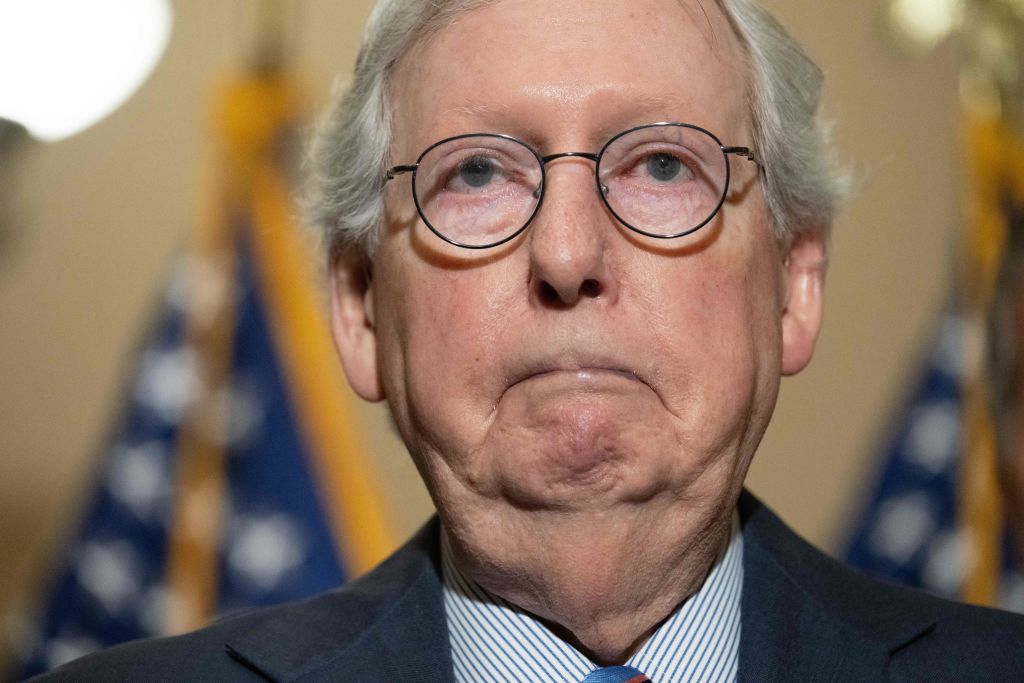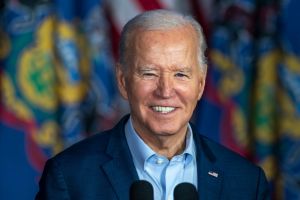So now it’s time to figure out who to blame. The post-election spin from the world of Mitch McConnell is that the GOP’s failure to flip the Senate is on Donald Trump and National Republican Senatorial Committee head Rick Scott, and that candidate selection and expenditures are the reason that we don’t have a Republican majority in the upper house. For anyone who paid attention, this doesn’t pass the smell test.
In the wake of a number of fractious primaries, GOP Senate candidates essentially went dark in the summer, their ad budgets expended and without the resources to get back on the air. Meanwhile, Chuck Schumer and the DSCC defined the Republican outsiders for a new audience of general election voters. Scott’s NRSC spent money early to push back — while McConnell sat on his resources and waited. McConnell’s Senate Leadership Fund adopts a strategy that hasn’t worked for a decade of not spending until later. If Democrats convince over half the voters, in June and July, that the Republican candidate is unacceptable, you cannot and will not change their minds in September and October, no matter how much you spend. Holding your fire until Labor Day just doesn’t work.
A comparison between Ron Johnson and Dr. Oz is enlightening here. By adhering to a strategic principle that hasn’t worked for a long time, McConnell and his SLF set up a number of candidates for failure. Just look at the discombobulation of New Hampshire, where they spent millions against Don Bolduc before he won the nomination, millions for him afterward, then pulled it because he said some not nice things about McConnell. The SLF exists in all practical terms for maintaining McConnell as Leader, not achieving a Republican majority.
If its purpose was the latter, then what happened in Arizona wouldn’t have happened. There, Peter Thiel offered to come in in October with additional spending for Blake Masters under an agreement where the SLF would match his spending. The SLF money never materialized, and the Masters team believes it’s because he said mildly critical things about the need to have generational change in GOP leadership.
McConnell’s approach in the aftermath of the 2020 presidential election lost the Senate. His policy and campaign approach was a disaster in the twin Georgia runoffs. He is not a deserved leader in any sense of the word. He caves to the Democrats on every major vote. He refuses to advance any kind of agenda or plan or vision for what Republicans will do. His general attitude is one of calculated surrender. He is at his best when he does nothing — as he did with the Merrick Garland nomination. McConnell does nothing like a champ.
Denying McConnell the ability to exit the stage as a Majority Leader is bittersweet for Republicans who had strong hopes of taking the Senate. But their terrible showing may finally help them address the obvious failures of an aged leader obviously unsuited for the role in the modern era. McConnell’s approach was disastrous, and in an election with a long list of sins to go around, the most unpopular politician in the country should not escape blame.


















